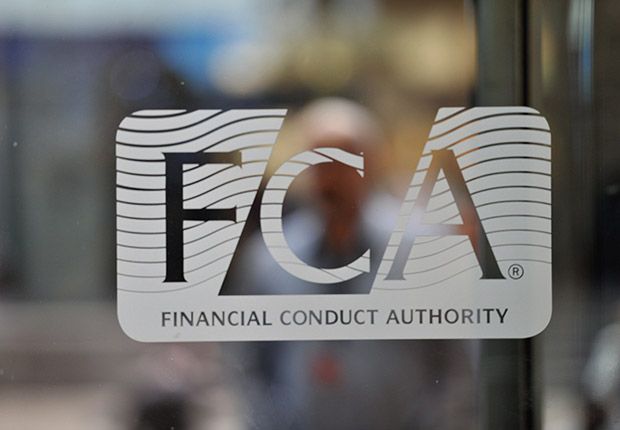
Small advice firms should pay fees that reflect costs associated with their authorisation and supervision, the FCA says.
In a policy statement on fees and levies the regulator said approval brings value but also obligations for firms.
It wants to bring “greater alignment” between the current consumer credit minimum fees of £106 with other authorised firms who pay a minimum fee of £1,151.
Personal Finance Society director of policy and public affairs Matt Connell said: “Small firms are vital for securing good outcomes for all clients.
“These firms often face particular challenges overcoming regulatory barriers such as obtaining professional indemnity insurance, so it is in the public’s interest for the regulator to ensure that small firms are not overburdened with regulatory fees.”
Eleven.2 Financial Planning director Greg Moss said that the regulators need to consider whether it is creating a hostile environment for small firms.
He said such an environment could end up with many small firms closing their doors.
Moss added that it would be bad for innovation, jobs and customer choice.
He said: “Small firms are less able to weather financial shocks, like those caused by lockdown, and many have had a tough time in the past year. Adding to their burden now would be incredibly tone deaf.
“Small advice firms are the backbone of the sector, and the only ones flying the flag for independent advice.
“All the real innovation is also in small firms, because they are the ones most able to adapt quickly to changing customer needs.”
Connell also stressed that innovation in financial services often stems from small firms.
He said: “A huge amount of innovation in financial services for groups such as people with mental health conditions or people from the LGBTQ+ community has begun with people from these communities starting up intermediary firms that looked for solutions where conventional wisdom said no solutions were possible.”
Lamb Financial director David Lamb said that advisers who base their incomes upon a percentage of the initial investment will suffer smaller margins.
He also warned that advisers charging on a time cost basis might have to increase their fees accordingly.
As a result, financial advice will become more expensive.
Therefore financial advice would slide further out of the reach of the lower socioeconomic groups.
He added: “It is unlikely that the FCA will be particularly interested in whether the advice community thinks it is getting value for money from the regulatory fees they pay, but they should consider value for money for consumers.”
In addition to this, the FCA has decided to cut the amount principal firms have to pay for their authorised representatives (ARs) to £75.
Last April, the FCA proposed that principal firms should pay a flat £250 periodic fee for each of their ARs.
The regulator has also confirmed that advisers will pay a total amount of £82.3m for the 2021/22 financial year.



